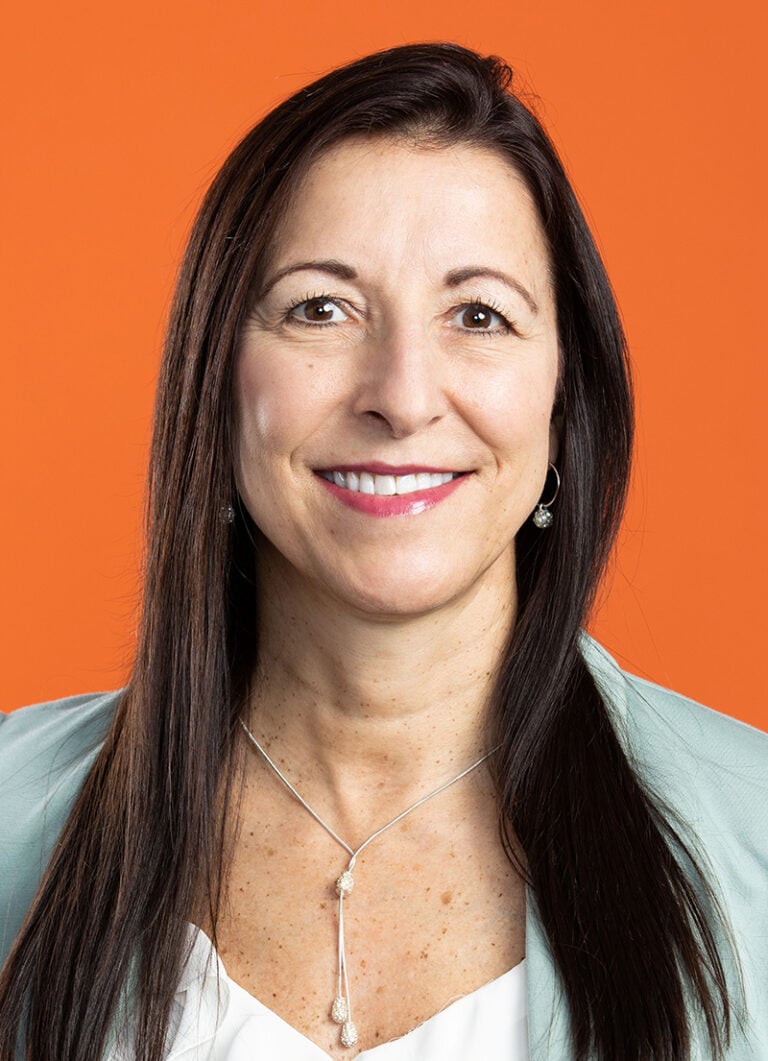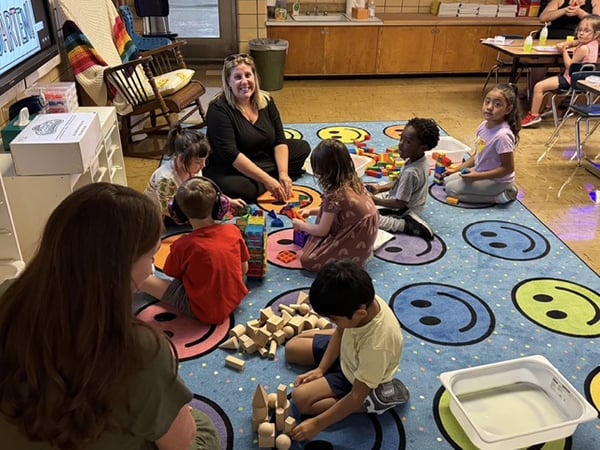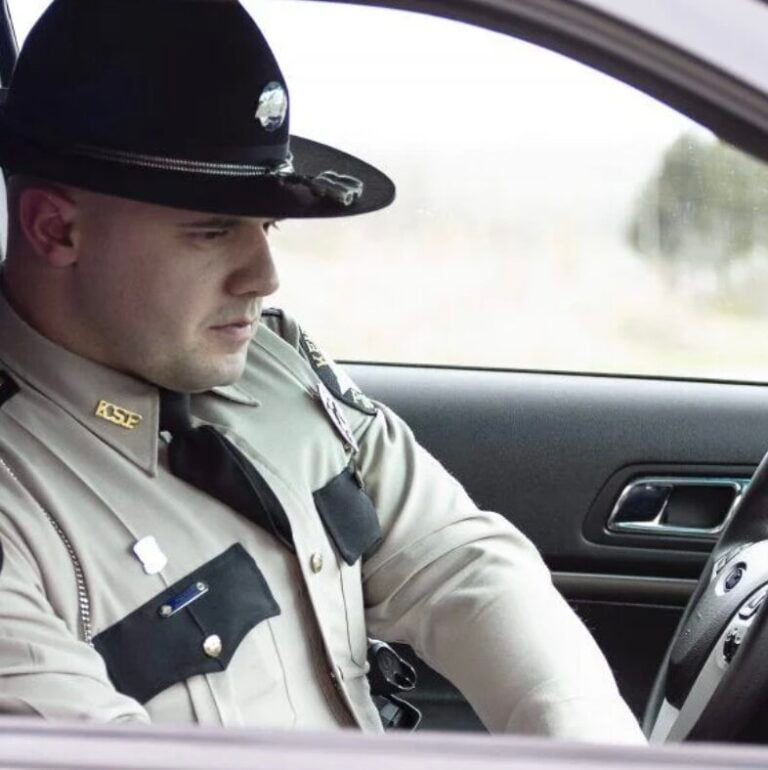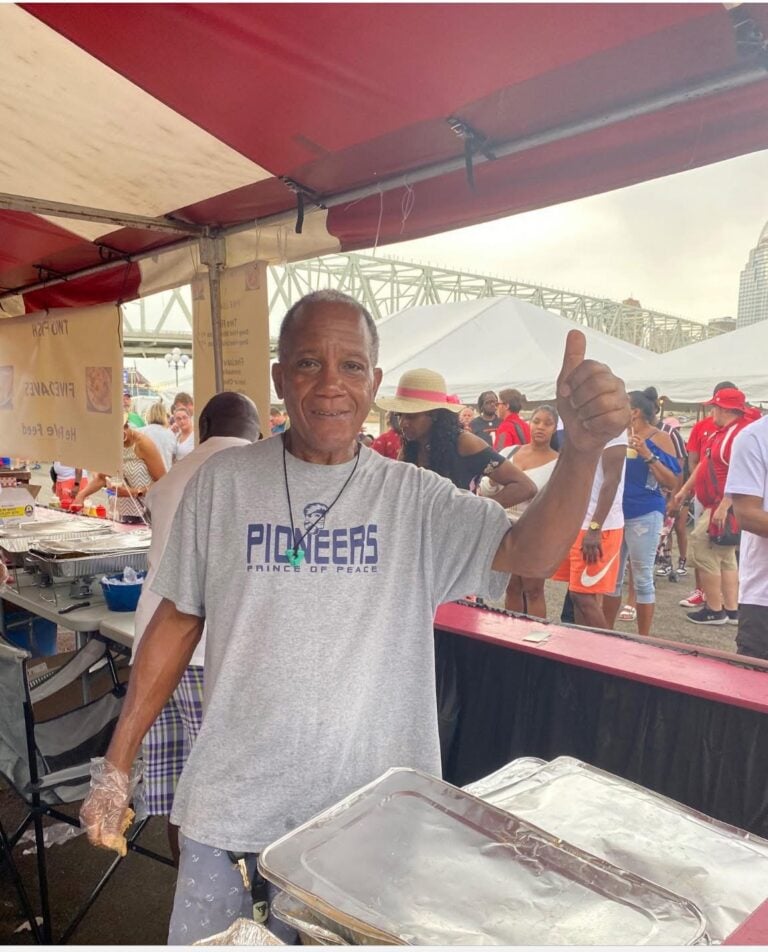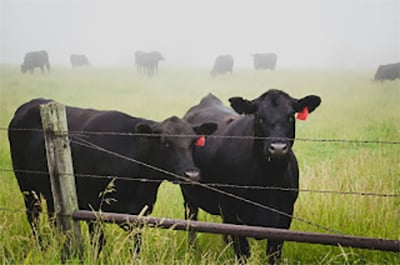Queer Kentucky, a Kentucky LGBTQ+ journalism nonprofit, has announced the launch of a state-wide harm reduction initiative featuring the installation of twelve harm reduction lockers across the Bluegrass State.
Each locker is self-serve and contains basic harm reduction supplies, including naloxone — generic Narcan — test strips for both fentanyl and xylazine, bandages, condoms, HIV self-testing kits, pregnancy tests, sunscreen, and aloe. They are about the height of an end table and are placed in inconspicuous areas of local businesses that serve at-risk populations.

The twelve lockers are installed in Northern Kentucky, Louisville, Lexington, Richmond, Berea, Johnson County, and Pike County.
In 2024, 1,410 Kentuckians lost their lives to overdose deaths, marking a 30.2% decrease from the previous year. The sharp decline continues a downward trend in overdose deaths, which dropped by 9.8% in 2023 and 2.5% in 2022. Kentucky Gov. Andy Beshear credits harm reduction practices, including the distribution of Narcan, as playing a role in decreasing overdose deaths.
“As a journalism organization, we’ve really expanded our content around substance use in the Queer community, including a full digital issue on harm reduction earlier this year,” said Missy Spears, Queer Kentucky executive director. “Providing direct resources is not in our normal workday, but we view these lockers as our way of giving back to the community and filling a critical need that we saw being unmet.”
Public partners include a community center, coffee shops, bars, and restaurants. While most partner locations will be listed on findnaloxone.ky.gov, some have elected to operate quietly.
“Some of our partners are operating on a ‘if you know, you know’ basis to avoid harassment,” Spears said. “Some businesses serve communities that have less experience around harm reduction models, so we feel like it’s better to quietly exist for those who need it in those spaces versus bring a lot of attention to it, along with the potential for pushback.”
Queer Kentucky







